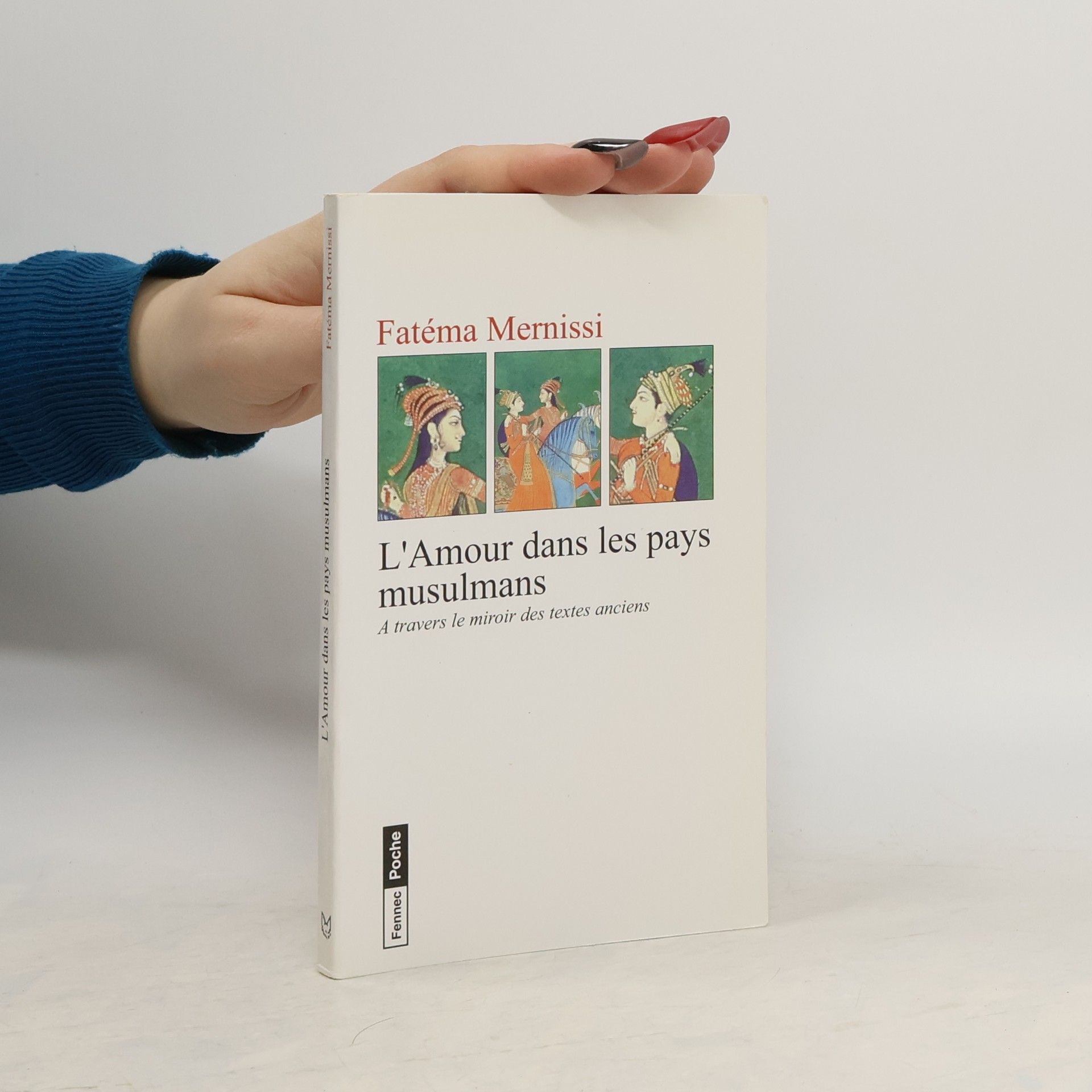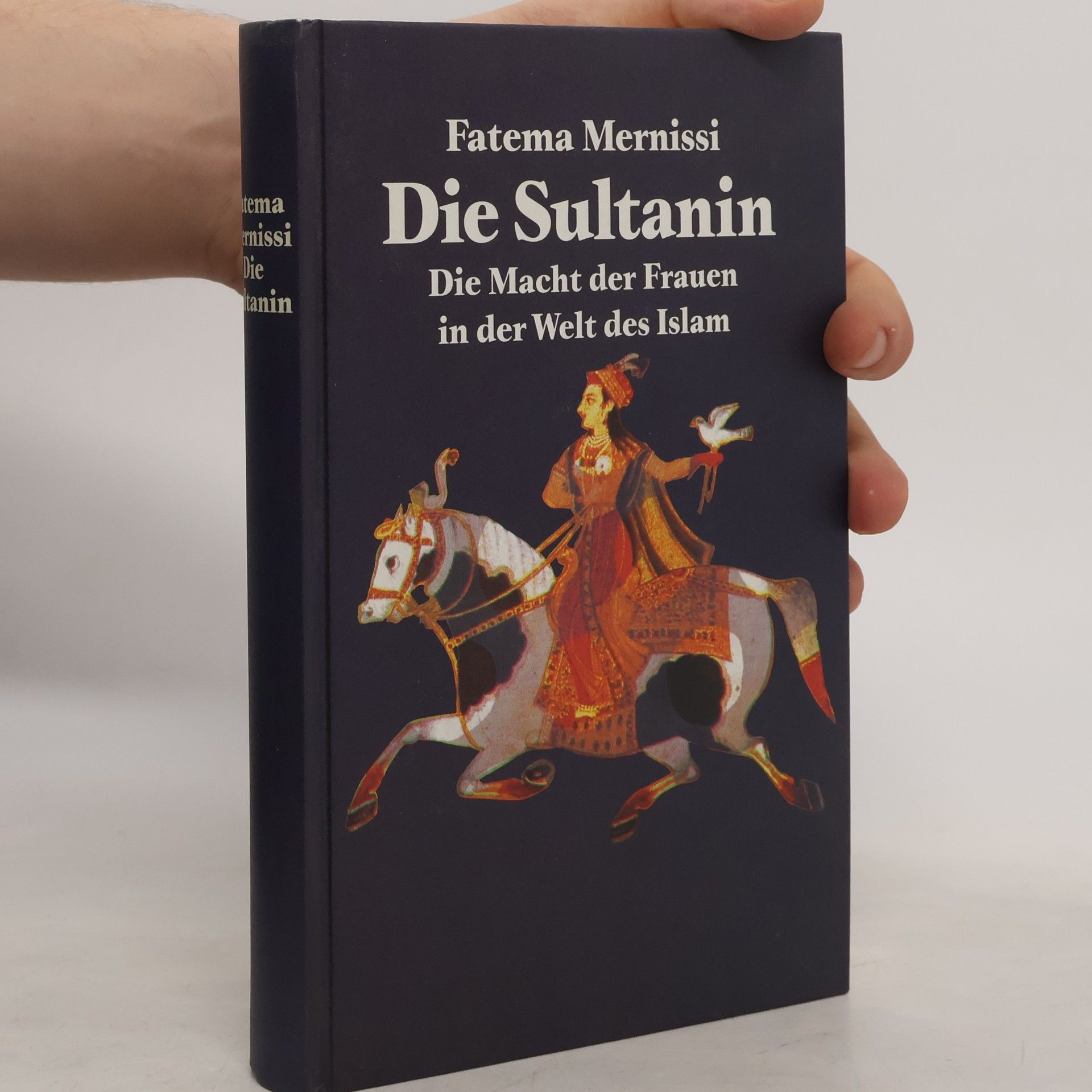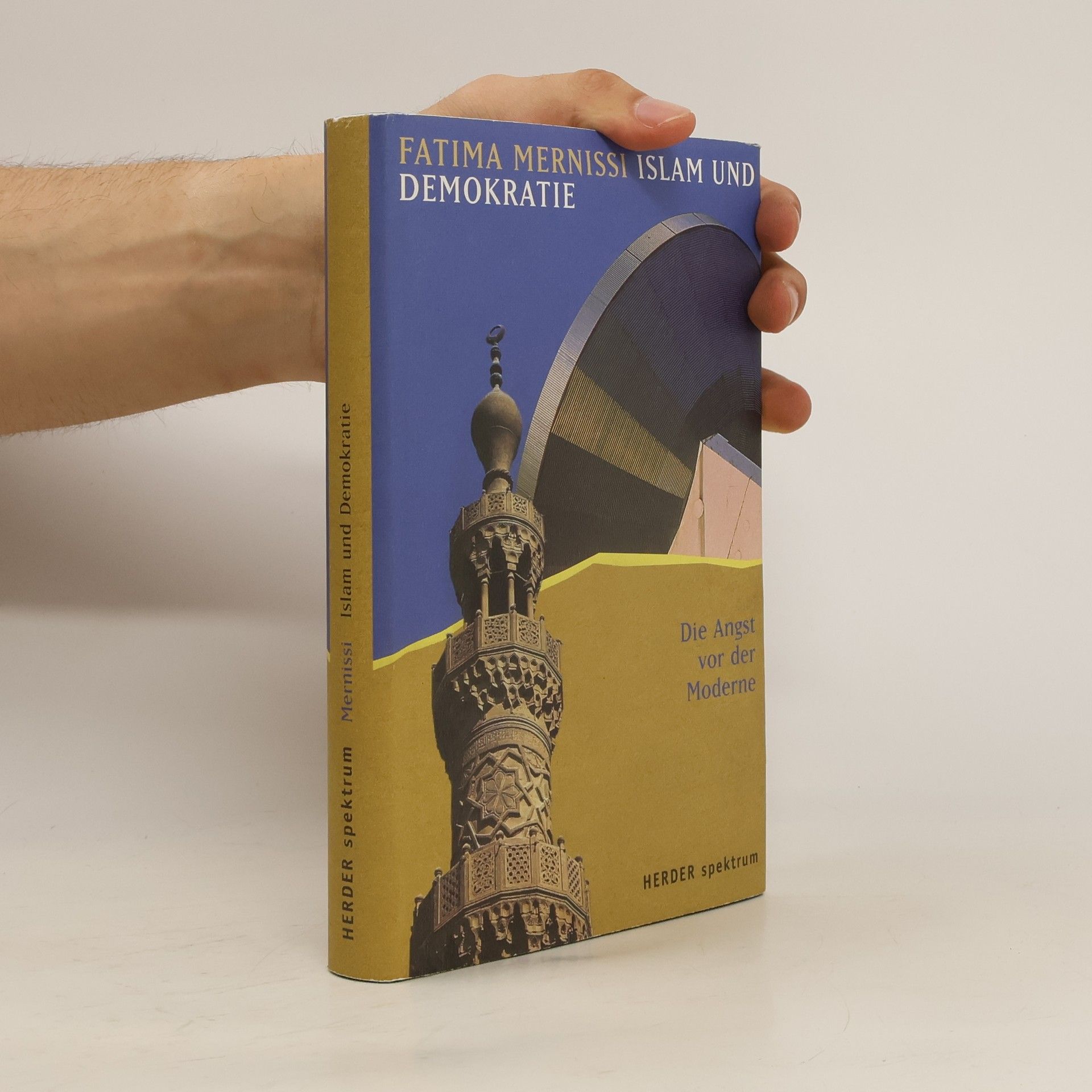Cuando desde Occidente se habla de la cultura árabe, no siempre se hace la necesaria distinción entre sociedad civil y religión. El desconocimiento que esto origina desemboca en una retahíla de tópicos y mitos negativos que nada tiene que ver con la fértil civilización arabo-musulmana, a la que tanto debe esa misma cultura occidental. Pero tampoco se puede obviar las contradicciones y conflictos que la apropiación política de la religión ha originado en determinados países del Sur y de Oriente. Para dar respuesta a todos estos interrogantes, "Mil y una voces" dibuja el mosaico, amplio y complejo a la vez, de la cultura que también ha demostrado ser la cultura de la tolerancia.
Fatima Mernissi Libros
Fatima Mernissi fue una destacada socióloga y feminista islámica, reconocida por sus perspicaces análisis sobre el papel de las mujeres en las sociedades islámicas. Su obra examinó críticamente el desarrollo histórico del pensamiento islámico y sus manifestaciones contemporáneas, cuestionando a menudo las interpretaciones tradicionales. A través de una investigación meticulosa, Mernissi exploró la compleja interacción entre la doctrina religiosa, las prácticas culturales y las dinámicas de género. Su erudición ofreció una perspectiva única sobre el estatus histórico y moderno de las mujeres en el Islam, desafiando las normas establecidas y fomentando nuevos diálogos.
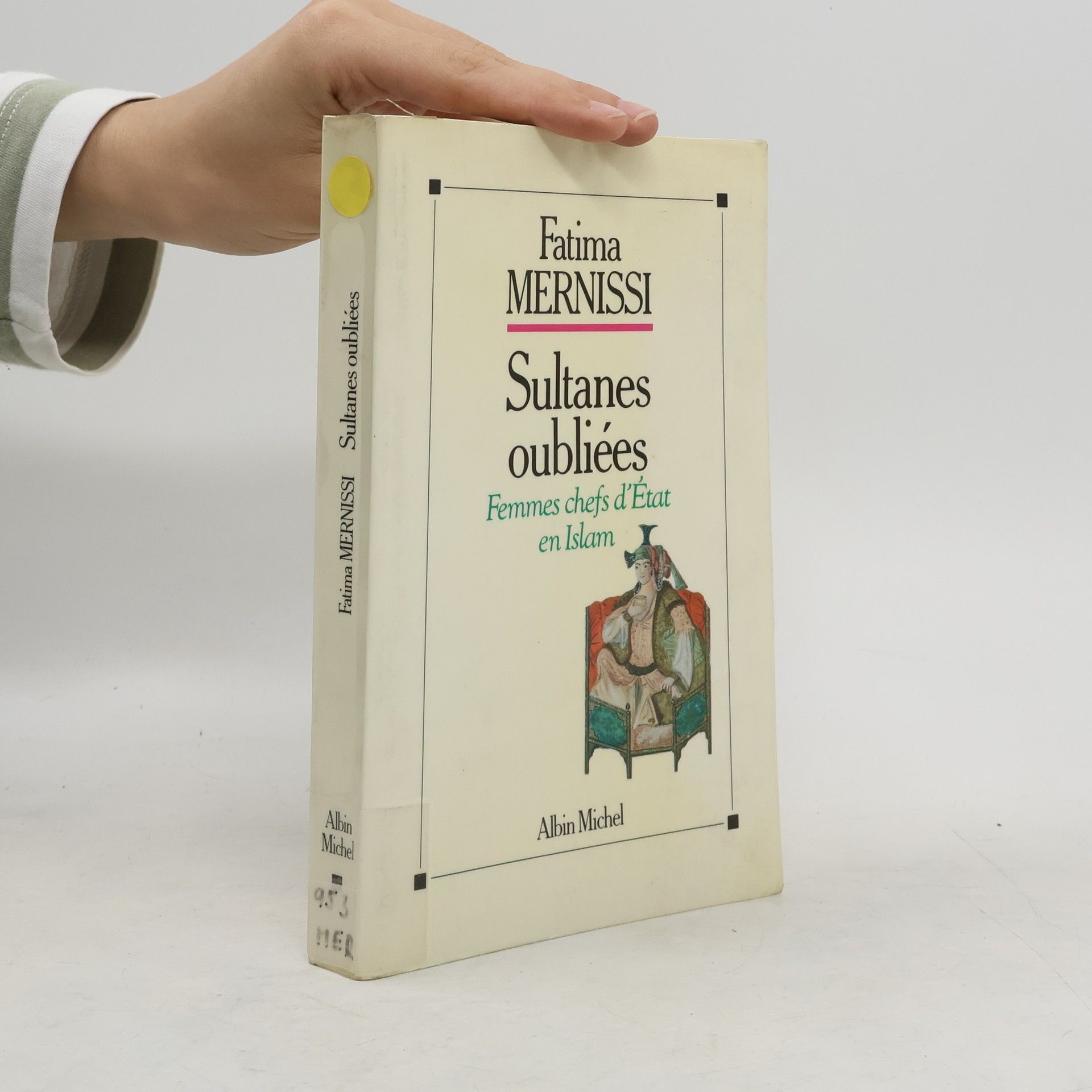
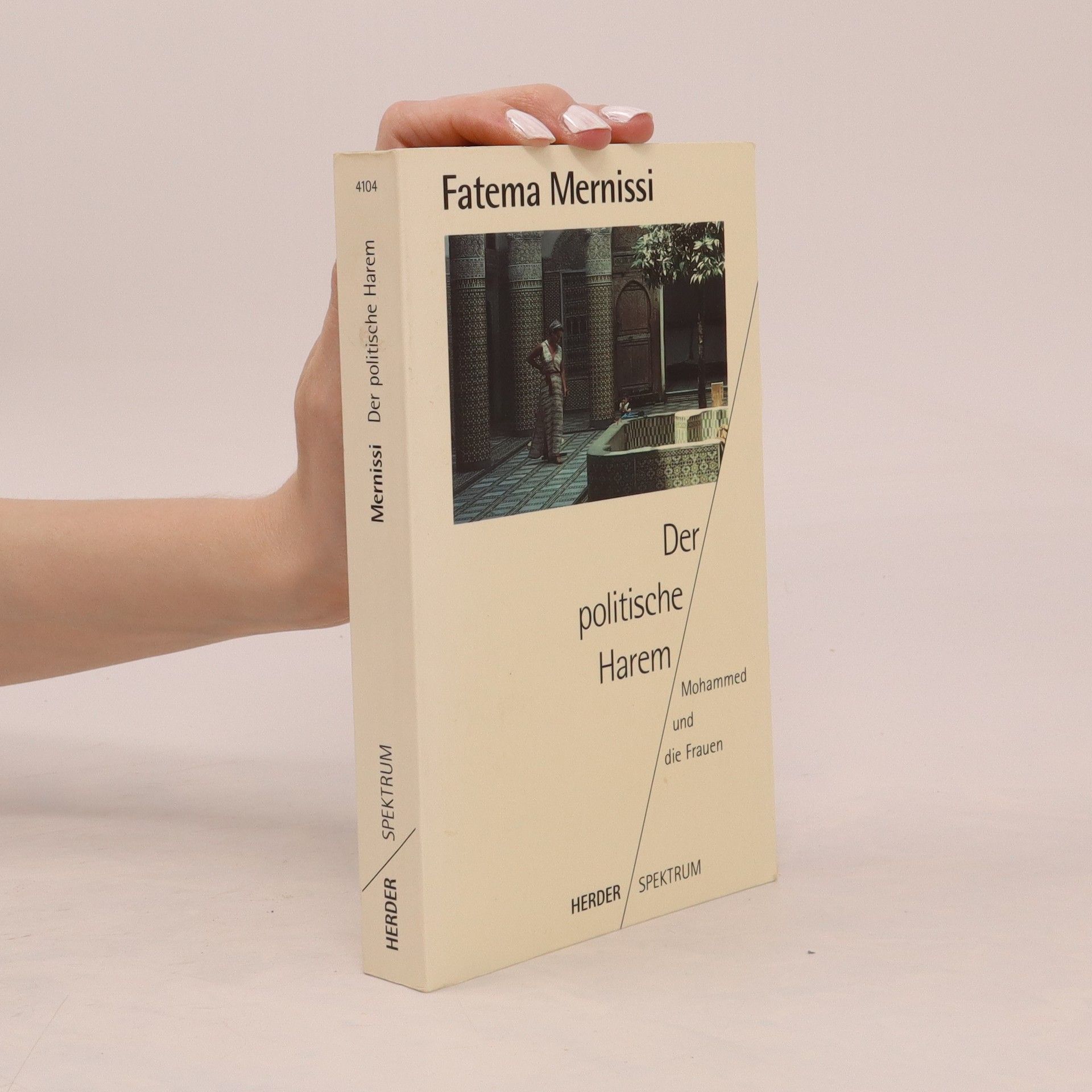
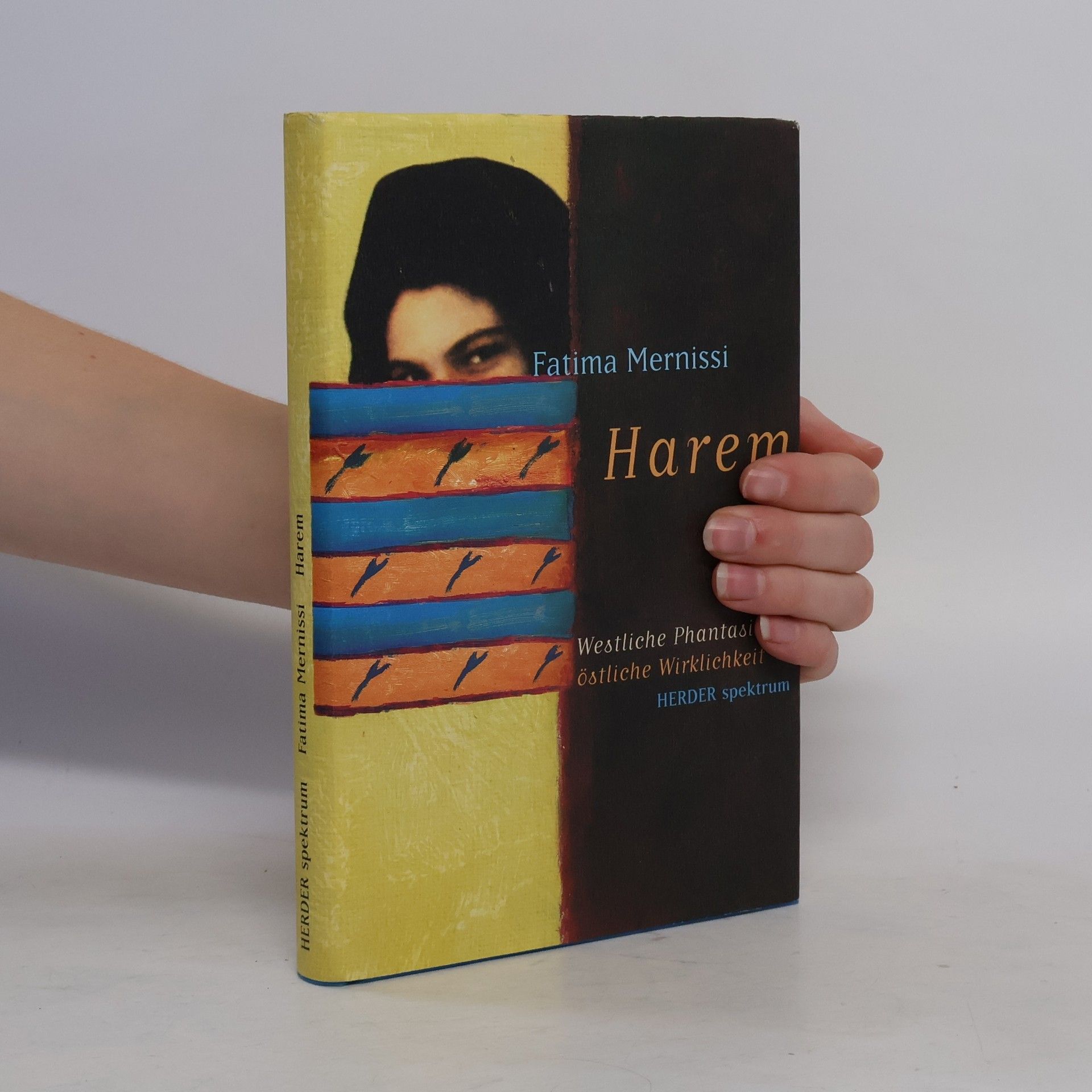
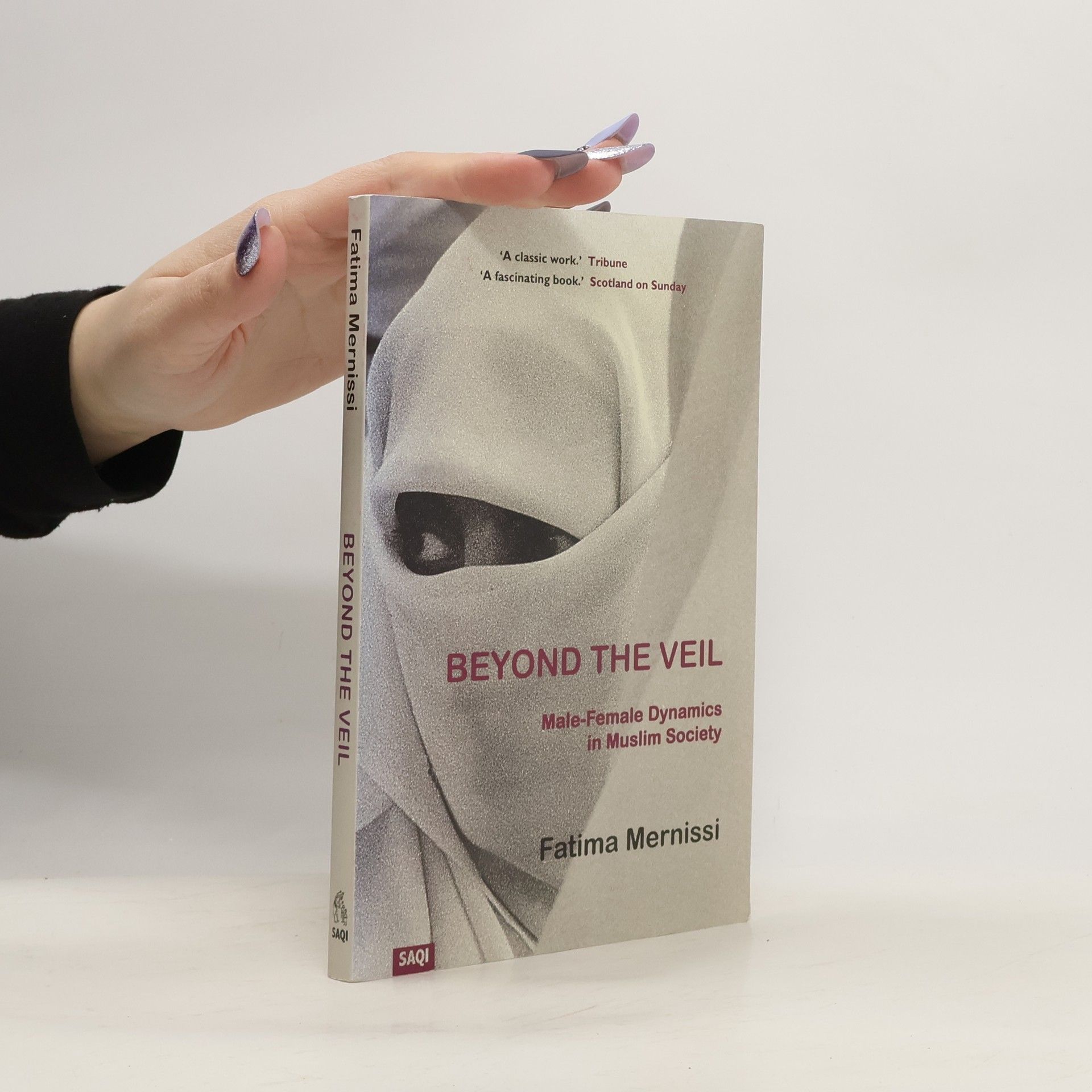

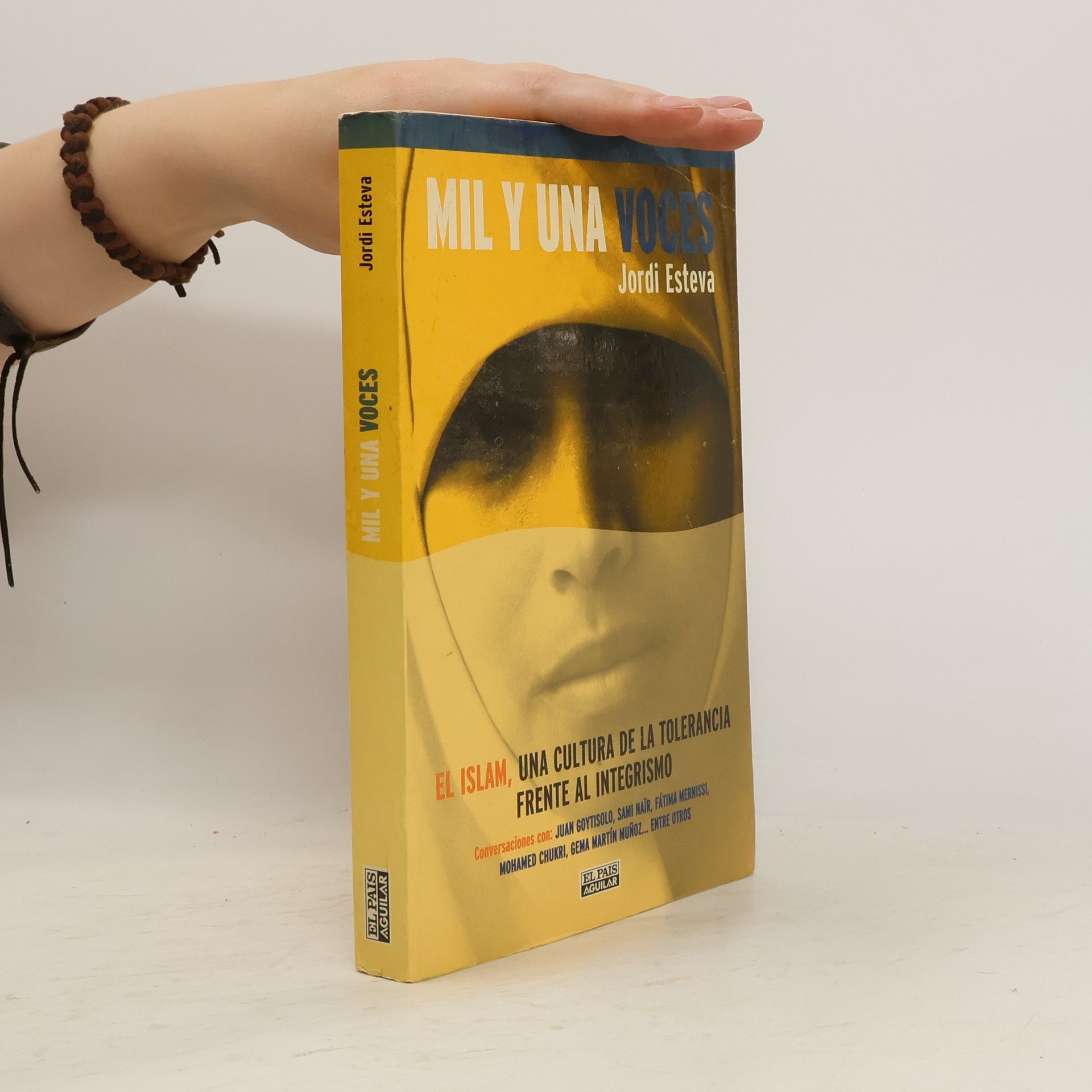
Dreams of Trespass: Tales of a Harem Girlhood
- 256 páginas
- 9 horas de lectura
This "wonderful and enchanting" memoir tells the revelatory true story of one Muslim girl's life in her family's French Moroccan harem, set against the backdrop of World War II (The New York Times Book Review). "I was born in a harem in 1940 in Fez, Morocco . . . " So begins Fatima Mernissi in this illuminating narrative of a childhood behind the iron gates of a domestic harem. In Dreams of Trespass, Mernissi weaves her own memories with the dreams and memories of the women who surrounded her in the courtyard of her youth—women who, without access to the world outside, recreated it from sheer imagination. A beautifully written account of a girl confronting the mysteries of time and place, gender and sex, Dreams of Trespass illuminates what it was like to be a modern Muslim woman in a place steeped in tradition.
Beyond the Veil
- 198 páginas
- 7 horas de lectura
Sexual inequality is a prominent feature of both Western and Islamic societies, but underlying concepts of female sexuality in Christian and Muslim traditions are very different, and the pattern of heterosexual relation in Muslim societies is probably unique. Fatima Mernissi argues that the Islamic view of women as active sexual beings resulted in stricter regulation and control of women's sexuality, which Muslim theorists classically regarded as a threat to civilized society. The requisites of modernization, however, are incompatible with traditional Muslim structures, and the ensuing contradictions now pervade nearly all Muslim countries. Drawing on popular source materials, Mernissi explores the disorienting effects of modern life on male-female relations, looks at the male-female unit as a basic element of the structure of the Muslim system and shows us the sexual dynamics of the Muslim world.
Verführerischer Blick, leuchtende Kleider, Bauchtanz, nackte Haut: Frauen im Harem. Zu allem bereit. Schön, willig und ohne Verstand. Das sind verbreitete Bilder. Fatima Mernissi ist in einem Harem in Marokko aufgewachsen. Und ist ihrerseits fasziniert von solchen - westlichen - Phantasien bei Malern und Schriftstellern bis hin zu Walt Disneys wunderbarerer Scheherazade. Sie dagegen erzählt die wirklichen Geschichten aus dem Orient: Von wilden Prinzessinnen, die ihrem Prinzen zu Pferd nachreisen, von klugen Frauen, die in den Wissenschaften glänzten, von musischen Frauen, die dichteten, sangen und auf Instrumenten brillierten. Sie erzählt auch von Eifersucht, Liebe und Haß. Und schließlich berichtet sie von ihrem Leben in New York, ihren Begegnungen in Berlin und Paris. Amüsiert und amüsant spiegelt sie dabei unsere Vorstellungen von Schönheit und Weiblichkeit. "Westliche Männer, denen ich begegne, verbinden offensichtlich etwas ganz anderes mit dem Wort Harem als ich. Denn sie mussten immer grinsen, wenn sie es aussprachen. Und ich bemerkte, dass ich nur wenig über ihre Phantasien wusste..." Fatima Mernissi über Schönheit, weibliches Selbstbewusstsein und die Phantasien von Männern.
Der politische Harem. Mohammed und die Frauen.
- 302 páginas
- 11 horas de lectura
Fesselnd und sensibel, vereint die Schrift eine Mischung aus Zurückhaltung und Kühnheit.
Sultanes oubliées
- 290 páginas
- 11 horas de lectura
Lorsqu'en 1988 une femme fut élue Premier ministre d'un État islamique, personne, en Occident du moins, ne nota la rupture que cet événement introduisait dans l'histoire islamique. Fatima Mernissi, spécialiste de la femme en Islam, s'est alors tournée vers les textes historiques pour savoir si Benazir Bhutto inaugurait une nouvelle ère ou s'il y avait eu d'autres femmes chefs d'État en Islam.Son enquête promettait d'être longue puisque l'Islam s'étend sur quinze siècles et de nombreuses contrées aux cultures diverses. Sous les premiers khalifes, puis sous les khalifats omeyyade de Damas et abbasside de Bagdad, sous l'étendard mamelouk puis mongol, elle découvrit d'étranges destins de reines, souvent sanglants, jamais de longue durée, que l'histoire officielle s'était efforcée d'occulter, en raison peut-être, pour certaines, de leur double appartenance yéménite et shiite.C'est donc à une plongée au coeur de l'empire musulman que nous invite Fatima Mernissi, retraçant ses bouleversements, ses annexions, son schisme, mais aussi ses splendeurs.Enquête historique, analyse sociologique et réflexion sur le pouvoir et sur ses paradoxes, Sultanes oubliées est également une interrogation toujours d'actualité sur le statut de la femme et sur son émancipation en pays musulmans.
Das Buch von Fatima Mernissi thematisiert die Verbindung zwischen Moderne und demokratischem Mitspracherecht im Islam. Es untersucht notwendige Veränderungen, um Ängste abzubauen und die islamische Welt für demokratische Prozesse und Menschenrechte zu öffnen. Mernissi beleuchtet auch die Ursprünge des Islamismus und dessen Auswirkungen auf die westliche Welt.
